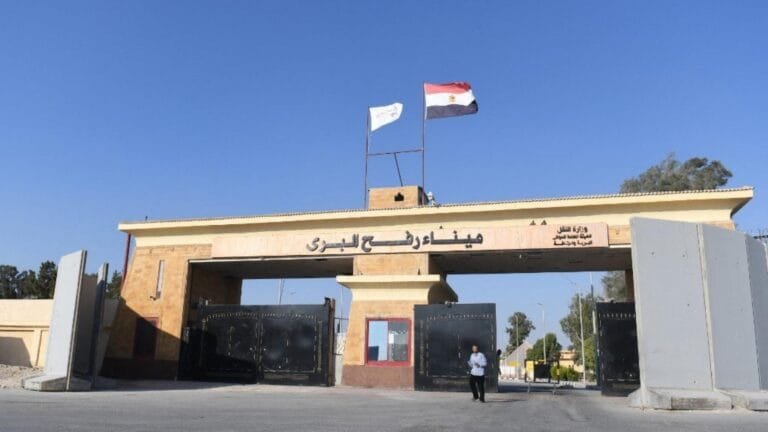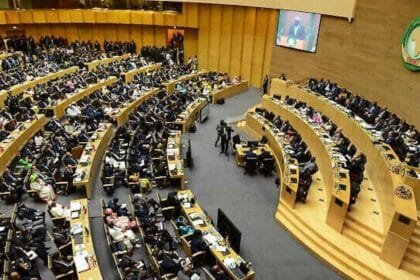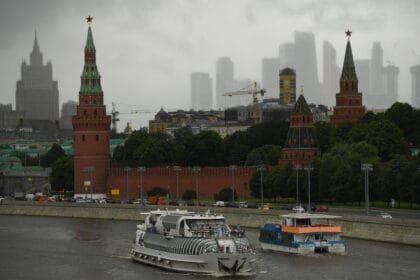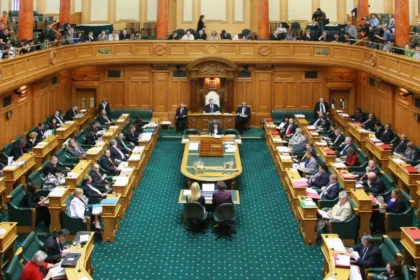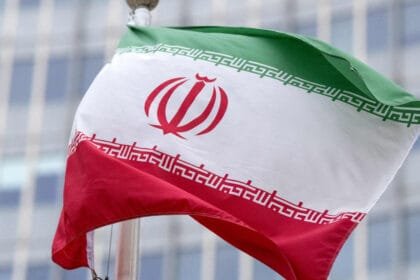Tel Aviv, Israel- The Israeli government has decided not to open the Rafah border crossing between the Gaza Strip and Egypt on Wednesday and to reduce the amount of humanitarian aid sent to the Strip.
This is under the pretext that not all the remains of Israeli soldiers held captive by Hamas have been returned, according to Channel 13 Hebrew.
Israel refuses to open crossing and threatens to escalate pressure
The channel confirmed that the Israeli decision came in response to Hamas handing over only four bodies out of 24 Israeli prisoners missing in the Gaza Strip.
She pointed out that the opening of the crossing was linked to an American plan for the return of all remains.
وصرحت تل أبيب أن تأخير حماس في تسليم بقية الجثث يعد خرقا للاتفاق،
Israel demands that the handover be completed in full before any steps are taken to ease the blockade.
Israel demands that the handover be completed in full before any steps are taken to ease the blockade.
Hamas requests more time
For its part, Hamas said it handed over the bodies of four prisoners on Monday evening.
More time is needed to recover the remaining remains due to the complex field conditions in Gaza following the ongoing Israeli aggression.
And the destruction of numerous detention sites that were used to hold captured soldiers.
Protests by families of Israeli prisoners
In the same context, the families of slain Israeli soldiers have stepped up pressure on the government.
Call to intensify pressure on Hamas. The families published a statement on the “X” platform, saying:
“What we feared is now happening before our eyes: we must ensure that all those who have been abducted are returned, dead or alive.”
She also sent a letter to US Special Envoy Steve Witkow, calling on Washington to intervene to ensure that the process of recovering the remains is completed.
Internationally sponsored prisoner exchange
On Monday, the International Committee of the Red Cross announced that it had facilitated a major prisoner exchange involving the release of 20 living Israeli prisoners and four bodies.
This is in exchange for 1,809 Palestinian prisoners out of 1,968 released by Israel as part of the recent ceasefire agreement.
This was announced on October 9, following indirect negotiations in Sharm El Sheikh under US auspices and with the participation of Egypt, Qatar, and Turkey.
These developments came on the fourth day of the ceasefire agreement, which went into effect on Friday, October 10, at 12:00 p.m. Jerusalem time.
The exchange coincided with former US President Donald Trump’s visit to the region to follow up on the implementation of his proposed plan to end the war.
The agreement is expected to face additional challenges as the exchange of remains stalls, threatening the future of the truce and the gradual return to normal life in Gaza.
Especially with the continued closure of the Rafah crossing, which is the only gateway for Gazans to the outside world.






